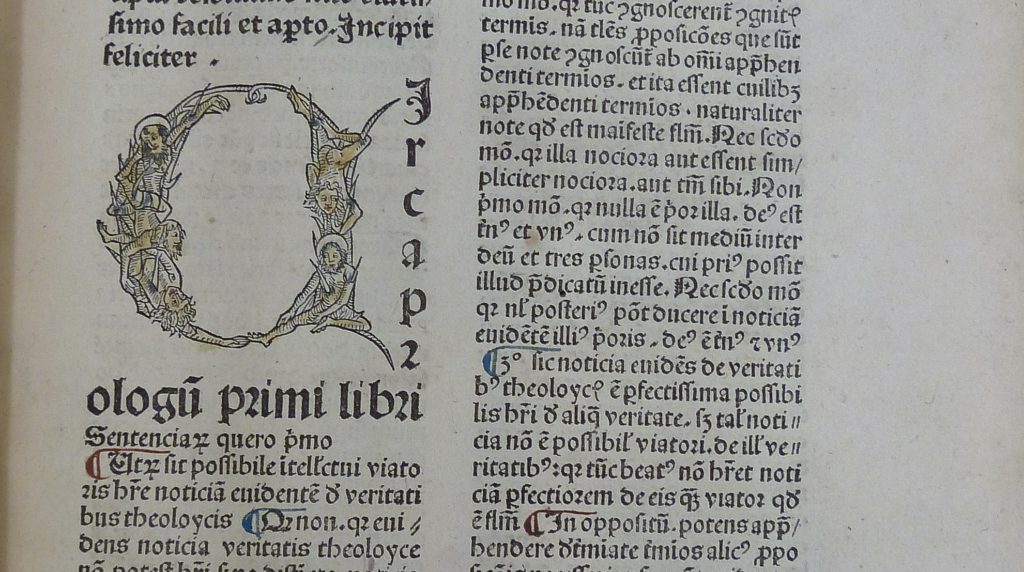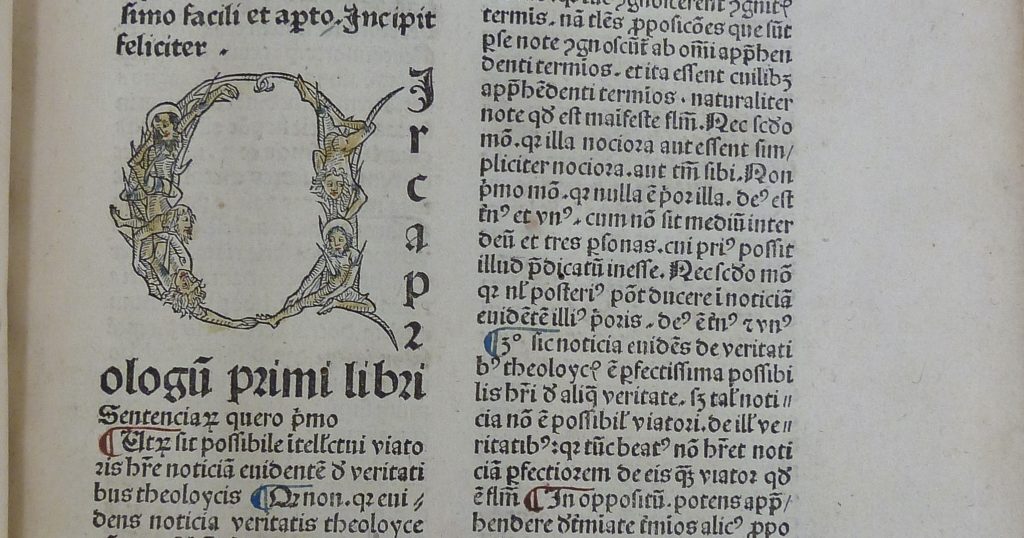 Culture & Ethics
Culture & Ethics
 Evolution
Evolution
The “Virus That Infected Philosophy”


Keep an eye on a new series at Mind Matters by Michael Egnor. In 1948, Richard M. Weaver wrote a little book, Ideas Have Consequences, that became a foundational text of 20th-century American conservatism. He traced modern barbarism to a wrong intellectual turn by William of Ockham in the 14th century — advancing nominalism over realism — leading from there through Darwinian materialism to most everything else that’s wrong with modern life.
Egnor explains, “Nominalism is the view that universals exist only as concepts in the mind, but not in reality.” He concludes his first post in the series:
Nominalism leads inexorably to Kant’s distinction between phenomena and noumena — things as they appear to our senses and things as they are in themselves. That distinction locks us into a mental theatre in which we can observe and know only projections of the world, and not anything about reality itself. This distinction between what is real and what we perceive and know is an insidious problem for us moderns, and it has its roots in Ockham’s nominalism. Nominalism also leads, inexorably, to a problem with what we can know about God.
Ockham’s razor, like his nominalism, was a destabilizing intellectual force. Parsimony is fine but truth is better. Often the move to deeper truth is the move away from parsimony. Consider the scientific advance from parsimonious Newtonian mechanics to the enormously more complex quantum mechanics and relativity, which are closer to the truth.
Ockham’s nominalism, which is of a piece with his principle of parsimony, was a virus that infected philosophy in the ensuing centuries and today is the primordial problem of modern philosophy and of modernity itself.
Read the rest here, “Nominalism: The Stubble Left by Ockham’s Razor.” This also takes me back ten years to when I wrote a series for Evolution News on “Richard M. Weaver, Conservative Intellectual Icon and Darwin-Doubter.” In simplest terms, the path is Ockham to Darwin to us. As I summarized:
With “Darwinism…lurking in the background,” writes Weaver, “Politics, arts, everything, came under the rule; man was primarily a food- and shelter-finding animal.” From this erring self-image, people derived almost all the disastrous political and cultural trends of our modern times.
Photo: A page from In primum librum Sententiarum, by William of Ockham, by POP, via Flickr (cropped).
